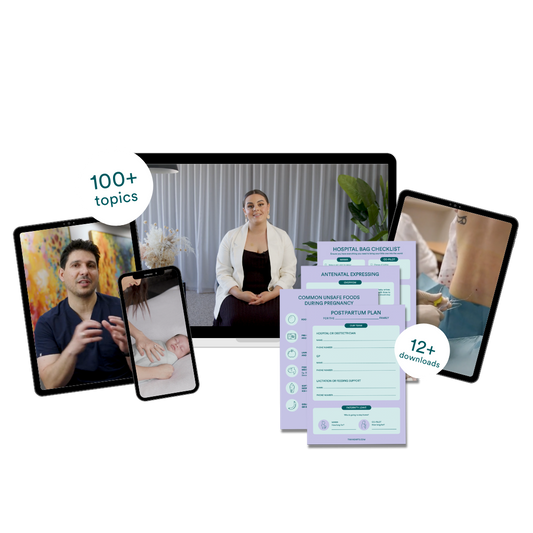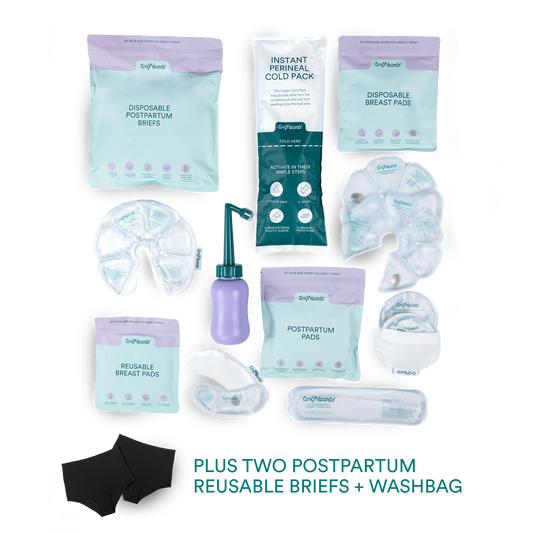Navigating the Journey with Confidence
As a parent, bringing your child to the hospital can cause a lot of worry and anxiety. No matter the reason for needing to bring your child into the hospital, knowing how to act confidently and in a timely manner can make all the difference for your child.
Knowing when to go to the hospital
A very important skill all parents need to have. Being able to recognise the signs of a critically unwell child that needs immediate medical attention can be the difference between your child getting the help they need at the right time and not.
There are some signs that should alert you that something isn't normal and you need to get urgent help for your child. These are what we call "red flags." We take you through red flags in more detail in our online first aid course.

Here are just some of the red flags you should be aware of:
- Drowsiness or unresponsiveness
- Difficulty breathing
- Unusual breathing
- Seizure
- Non-blanching rash
- Severe dehydration
- Fever over 38 degrees in children under three months
If you notice any of these signs or are concerned about your child, seek medical help.
Knowing what to say: Prepare using the ISBAR acronym.
Have you ever had a million things you wanted to bring up with the healthcare team when you're at home, but once you're in the hospital and the doctor is in front of you, you can't remember a thing? You don't know where to start, and you forget everything you want to say and end up leaving out important information.
As a parent, it's natural to feel overwhelmed and anxious when your child is sick. Sometimes this can cause you not to be able to communicate as effectively with healthcare professionals. This is why preparing yourself before you bring your child into the hospital is so important. The ISBAR acronym can help parents organise their thoughts and present important information clearly.
Introduction (I): Introduce yourself and your relationship with the child. State your child's name and age.
Situation (S): Briefly explain the situation and the main reason for your visit to the hospital. Mention any red flags or concerning symptoms you observed.
Background (B): Provide essential background information, including your child's medical history, allergies, and ongoing treatments.
Assessment (A): Mention any observations or assessments you've made about your child's condition, such as temperature, heart rate, or changes in behaviour.
Recommendation (R): Respectfully share your concerns and what you believe should be the next steps in your child's care. Ask questions if needed to clarify the diagnosis or treatment plan.
Remember to stay calm, focused, and concise during your conversation. Being well-prepared can foster better communication with healthcare professionals and ensure your child receives the attention they need.
Knowing How to Advocate: Being Your Child's Voice using the PACE acronym
As a parent, you know your child best, and your input is invaluable to their care. You are an important part of your child's healthcare team. There is a lot of power in the words "parent expresses concern" in the hospital.
Use the acronym PACE to guide you in advocating for your child. I've put together a mini guide with example questions and other tips for advocating for you to save onto your phone that you can easily pull out the next time you need it. Download and save this PACE guide onto your phone for the next time you need it.
Bringing your child to the hospital can be a daunting experience, but with by being educated and prepared, you can navigate this journey with confidence. Recognising red flags, preparing an ISBAR script, and knowing how to advocate effectively are essential tools for every parent. Trust your instincts, be proactive, and work closely with the healthcare professionals to ensure the best possible care for your precious little one. Your role as an informed and involved parent can make a significant difference in your child's recovery and well-being.








